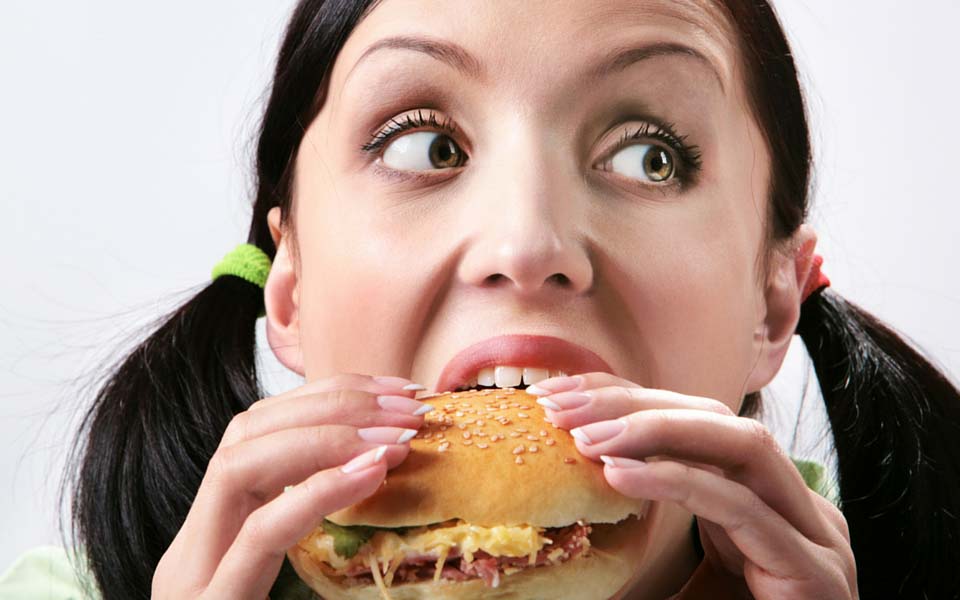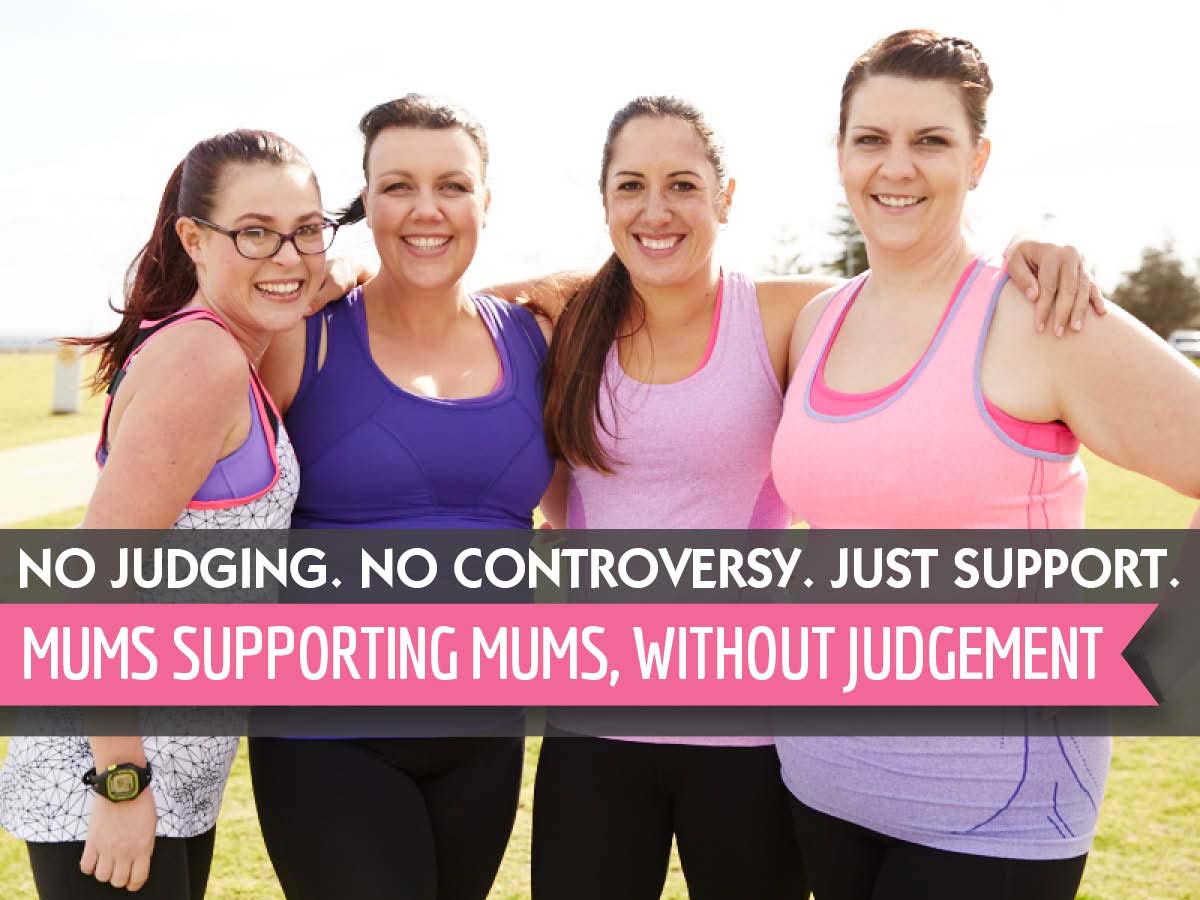Are you an Emotional Eater? Psychologist explains how to have a healthy relationship with food
Don’t let emotional eating sabotage all your hard earned weight-loss efforts. One of the keys to losing weight successfully and having a healthy lifestyle is learning to have a healthy relationship with food.
It can be a tough habit to break, and there are some foods that seem to be a popular go-to option when these emotions arise.
“Emotional eating is using food to make yourself feel better—to fill emotional needs, rather than your stomach,”says Franco Greco, a practising psychologist who works with clients suffering from unhealthy relationships to food.
“Unfortunately, emotional eating doesn’t fix emotional problems. In fact, it usually makes you feel worse. Afterwards, not only does the original emotional issue remain, but you also feel guilty for overeating.”

How to avoid emotional eating
Emotional eating occurs when things begin to feel challenging or when you’re just having a bad day.
Reaching for those high-fat and sugary snacks when we feel vulnerable may psychological help us feel better in the short term but it can cause us to put on weight in the long term.
Many people don’t even realise they are doing it, as psychological issues aren’t always easy to spot. Exercise and change in diet may not be able to fully fix it.

It’s important to understand WHY you reach for food in certain situations and how to break the cycle FOR GOOD…
“We don’t always eat just to satisfy physical hunger. Many of us also turn to food for comfort, stress relief, or to reward ourselves. And when we do, we tend to reach for junk food, sweets, and other comforting but unhealthy foods,” Franco tells The Healthy Mummy.
“You might reach for some ice cream when you’re feeling down, order a pizza if you’re bored or lonely, or swing by the drive-through after a stressful day at work.”
Some of the causes of weight gain are due to the unhealthy relationship we have with food such as:
- Emotional eating
- Binge eating
- Yo yo dieting
- Rapid ineffective weight loss
- Fad diets
- Starving
All of these lead to a cycle of negative association with food and also a cycle of dieting with no long lasting results.
Francos steps to help you with overeating

1. Firstly, you need to realise if you are prone to emotional eating
Here’s a checklist to determine if you are an emotional eater?
- Do you eat more when you’re feeling stressed?
- Do you eat when you’re not hungry or when you’re full?
- Do you eat to feel better (to calm and soothe yourself when you’re sad, mad, bored, anxious, etc.)?
- Do you reward yourself with food?
- Do you regularly eat until you’ve stuffed yourself?
- Does food make you feel safe? Do you feel like food is a friend?
- Do you feel powerless or out of control around food?
2. Look out for your emotional eating pattern
Occasionally, using food as a pick-me-up, a reward, or to celebrate isn’t necessarily a bad thing.
But when eating is your primary emotional coping mechanism—when your first impulse is to open the refrigerator whenever you’re stressed, upset, angry, lonely, exhausted, or bored—you get stuck in an unhealthy cycle where the real feeling or problem is never addressed.
Emotional hunger can’t be filled with food. Eating may feel good in the moment, but the feelings that triggered the eating are still there. And you often feel worse than you did before because of the unnecessary calories you’ve just consumed.
But no matter how powerless you feel over food and your feelings, it is possible to make a positive change. You can learn healthier ways to deal with your emotions, avoid triggers, conquer cravings, and finally put a stop to emotional eating.
3. Identify your emotional eating triggers

Does a stressful day at work cause you to order takeaway? Or does an argument with your partner result in you scoffing down a bar of chocolate?
Identify what makes you emotional eat when you’re not hungry and try and do something else instead to make yourself feel better. It could be going for a run or doing some exercise at home. Soon you will begin to associate this with feeling better rather than eating.
4. Keep Emotional Eating Diary
Write down how you are feeling and look for trends of when you feel like eating unhealthy snacks. Maybe it’s at the end of the day after you’ve put the kids to bed?
The more aware you are of when and why you emotionally eat, the easier you’ll find yourself to stop doing it.
5. Distract yourself

It takes roughly five minutes to distract your brain from craving that high-fat high sugar hit. Put on some music and dance, call a friend or go for a walk down the road.
The best distractions are those that take you far away from where the food is kept.
6. Seek Professional Help
Sometimes we can’t stop emotional eating on our own. It can be deeply rooted as a learned behaviour during childhood where, for example, you were rewarded consistently with treats for being good.
You may need to get help from a therapist with Cognitive Behavioural Therapy (CBT). CBT helps discover destructive thought patterns that negatively impact behaviour such as eating to feel better about a bad situation. Under the guidance of a therapist, CBT encourages you to break this cycle and implement more productive coping strategies.
If you are looking for professional help for your emotional eating or eating disorder please contact Eating Disorders Victoria on 1300 550 236 or The Butterfly Foundation’s national helpline on 1800 33 4673.
Emotional eating is not always a matter of willpower. If you pay attention to your triggers and commit to your strategies, your physical and mental health will turn out better for it!
Join our community of supportive mums!

If you are wanting to get that bit of extra support in your journey to better health come and join our community of over 1.5 million mums.









